- Presidency draws battle line with NASS
The latent power struggle in the All Progressives Congress (APC) has continued to manifest unhealthy political phenomena in the party’s control of the federal government. The silent but vehement contention for the hegemony to determine or influence who gets what, when and how from the government has overwhelmed the both the political machine of the ruling APC and the federal government being controlled by the party.
The obvious manifest indices have been certain institutions of the federal government waging a subtle war against the other. The report of the Department of Security Service (DSS) against the Acting Chairman of the Economic and Financial Crimes Commission (EFCC) represents a typical silent warfare between the institutions of government under the control of a president who made appointments into heads of these institutions or departments, as they were.
Ironically, the tools of the warfare are mere simplistic modes of public administration that do not generate institutional disharmony between MDAs.
More so, some other political appointees are even tending towards desecration of the federal legislature, consulting the judiciary to obstruct manifest functions of the legislature.
Apparently, the managers of power in the Buhari administration are beginning to evolve complicated chains of inter-governmental relations that will subvert the democratic process.
Investigations by National Dailyrevealed that these chains of counter-democratic behaviourals are reflexes of the internal wrangling between party leaders or those perceived as cabal in the APC-government.
The latent functions of the current power configuration in the APC-government is the potential danger of undemocratic values which may degenerate to transition to autocracy.
The encounter of the Senate with the Comptroller-General of the Nigeria Customs Service, Colonel Hammed Ali (retd.), over an oversight function of the Upper Chamber of the National Assembly, is a clear case of the executive undermining the checks and balances mechanism inherent in the principles of separation of powers between the three arms of government- executive, legislature and judiciary.
Ali had after ignoring invitations by Senate, thereafter, undermined the directive of the Upper Chamber that he appears before the lawmakers in the uniform of the Agency he is heading. Though, there was slight lack of decorum in the manner the Senators handled Ali’s exit, with relative opprobrium, from the Chambers on his appearance last week, the Customs boss, this week, ignored re-appearance as ordered by the Senators.
In the science of administration, the action reflects misconduct or insubordination to constituted authorities; the basic principles of regulations have been broken.
Several stakeholders of goodwill in the polity have argued that Ali, being appointed into that office by President Muhammadu Buhari, is under obligation to honour invitations by any of the two chambers of the National Assembly, essentially, so when he constitutes a component of the Presidency.
However, Ali had on Tuesday indicated that he would not honour the Senate’s invitation to appear this Wednesday because of a suit filed over the matter. Subsequently, the Attorney General of the Federation, (AGF) and Minister of Justice, Abubakar Malami, was said to have sent a letter requesting the Senate to stay action on the invitation of Ali to appear in uniform.
The appearance of the Comptroller General was listed in the order paper of the Senate as the fourth business of the day despite the AGF’s letter to suspend his invitation following a court summon.
The item on the Order Paper was captioned “Briefing by the Comptroller-General of the Customs and Excise’’ and slated to be moved by the Leader of the Senate, Sen. Ahmed Lawan.
Again, the invitation of Ali by the Senate is sheer oversight function of the legislature which the judiciary ought not to obstruct. Seeking judicial injunctions against the functions of the legislature portrays reflexes of return to tyranny; creating solid ground for the demise of democracy. The Senate is not prosecuting the Customs boss but simply insisting on the basic principles of regulating the Service.
The crux of the impasse has been the clarification by the Customs boss on the retrogressive policy on payment of Customs Duty by vehicles owners, no matter the age of the vehicle. The policy has also been suspended by the Customs Service since the Senate’s intervention.
The clear danger is that except President Buhari intervenes and orders his political appointees to comply with the basic norms of inter-governmental relations between the executive and the legislature, controversy like this could degenerate into gross misconduct in the long run.
Furthermore, The Secretary to the Government of the Federation (SGF), Babachir Lawal, was also beginning to act in the direction of undermining the National Assembly over his invitation to brief the Senate on the contract scam over the rehabilitation funds of the IDPs in the North East.
Lawal had shunned the invitation but was quick to request for a reschedule of the invitation, indicating willingness of his appearance.
The SGF, had in a letter to the Senate on Wednesday, noted that he has taken the Senate to court over the probe of the IDPs rehabilitation funds in the North East, indicating that he would, therefore, not appear before the probe panel.
In another letter dated March 22, 2017, the SGF explained that he would not be able to appear before the panel “primarily because of a pressing engagement of government which clashed with the date and time of the hearing.” He, then, requested for another date. The last step however redeemed the situation.
Some stakeholders are of the view that the entire saga are indicators that democracy is on trial under the APC regime. They articulated the need for President Buhari to re-organize the government, while aligning with APC leaders to restore harmony of interests in the party.
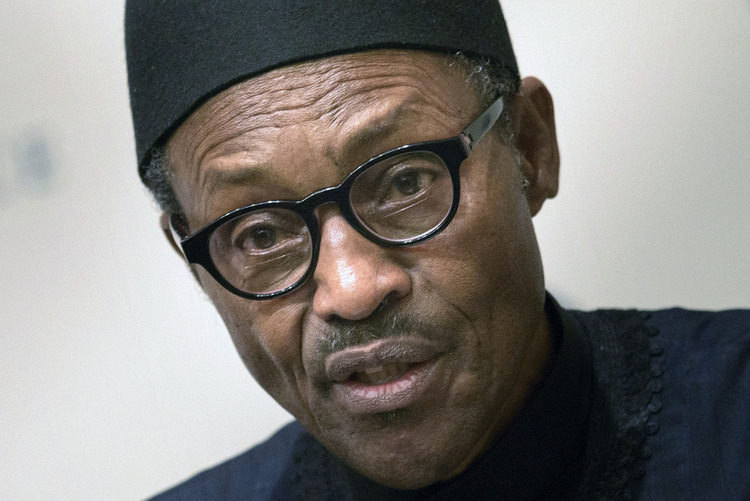
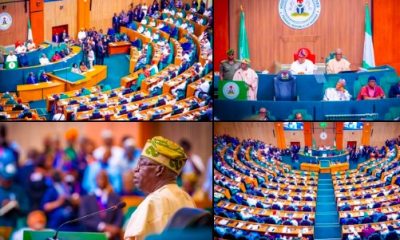

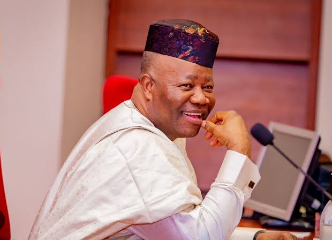

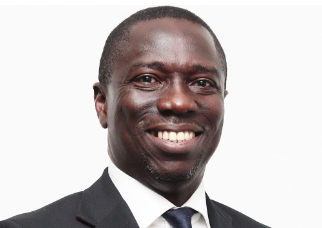

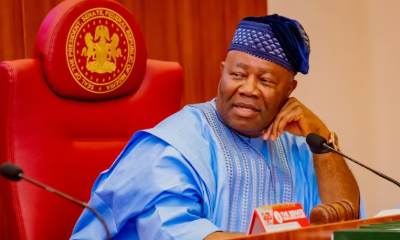

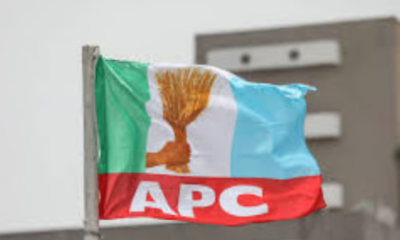

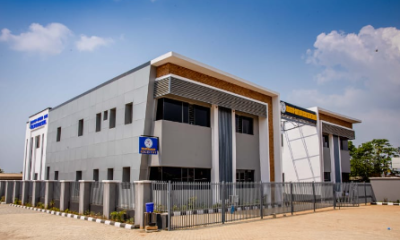


 Entertainment5 days ago
Entertainment5 days ago
 Health1 week ago
Health1 week ago
 Health4 days ago
Health4 days ago
 Football1 week ago
Football1 week ago
 Football1 week ago
Football1 week ago
 Crime4 days ago
Crime4 days ago
 Education6 days ago
Education6 days ago
 Crime1 week ago
Crime1 week ago
